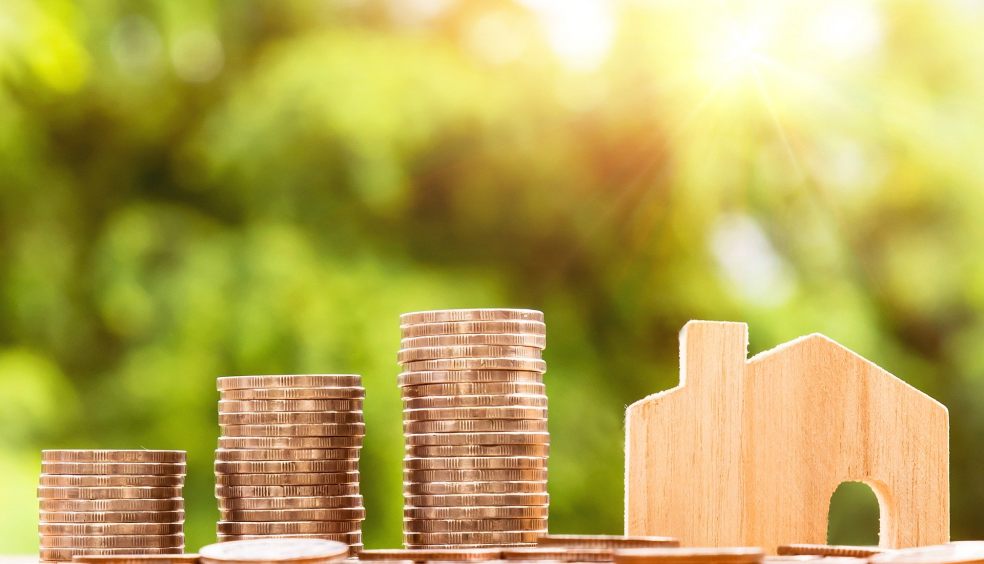
Paid off your mortgage? Find out what to do next
After years of hard work, you have finally paid off your mortgage. It is, unarguably, one of your best accomplishments. But it won't be long before the next thought comes to your mind. What now?
You have some extra money with no specific purpose. Should you save it? Or should you invest it? If so, where?
As the baby boomers are nearing their retirement age, nearly 40% of the houses in the US are already mortgage-free. With this financial freedom raises several questions. These concerns, though good ones, still need to be addressed as soon as you can. Before you make any radical change, you need to be aware of the smaller changes and the slow steps you need to follow.
1. After the Last Payment
Yes, go on, let out that long sigh of relief. The immediate next step is to wait. It might take a couple of weeks to receive the paperwork with the "satisfaction of mortgage", stating that you have completely paid off your loan. You may also receive a cheque, of the money the lender had in reserve to pay the property taxes and homeowner's insurance.
If you don't receive this paperwork by the time your next payment was due, it would be a good time to call the lender and ensure that the paperwork will be on the way. Getting the actual deed in your hand will take longer, as the country needs to enter the record that you have been released from the contract with your lender.
2. When you Get the Deed
Once the deed comes to your hands, the most crucial step is to keep it safe; as in an actual safe which is fire and waterproof. Alternatively, you can also store the deed to your home in a safe deposit box.
If you are wondering what would happen if you lose it, the answer is closer to the enduring hassle of replacing the deed than losing your home. As the country will have a record of your ownership, all you would need is to file a request to pay a small fee to receive a new deed.
3. Continue Paying Homeowner's Insurance and Property Taxes
In most cases, insurance and property taxes would have been a part of the monthly mortgage payment. But once the mortgage is paid off, it is your responsibility to make sure that you receive the property bills and have all the documents in place. The first step in order would be to contact the country treasurer's office to ensure that they have the change in address confirmed.
Set aside funds for your insurance and property taxes into the bank or in a savings account every month. You can use the previous year's amount as a reference to how much money you would need. Consult your agent to find the right homeowner's insurance and redirect the bill to you, and not the lender.
4. Allocate the Extra Funds
The choices are plenty when it comes to extra money. It is up to you to decide whether you want to invest it back into the house, replenish your emergency fund, or save for retirement. The best advice you can receive is from a financial consultant who can guide you based on the market's landscape on the best investment options for you.
Paying off debt is indeed refreshing and uplifting. If you play your cards right, you can responsibly add more to your long-term savings, be financially stable, and enjoy life better.














